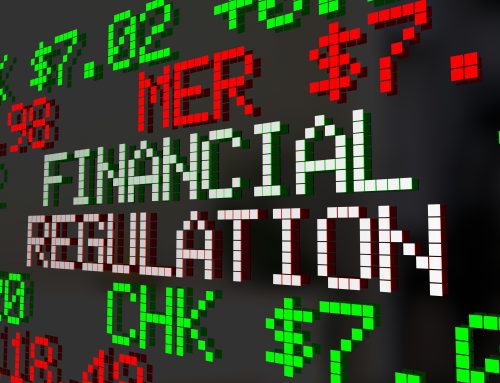 Globalization has made our world smaller and more connected; it has also created markets with a higher correlation to each other. World events and political unrest, known as geopolitical risk in the investment world, have a broader impact today across regions, including the US. Tensions or strife abroad can be felt in US markets when investors with global exposure react defensively to events that might affect their holdings.
Globalization has made our world smaller and more connected; it has also created markets with a higher correlation to each other. World events and political unrest, known as geopolitical risk in the investment world, have a broader impact today across regions, including the US. Tensions or strife abroad can be felt in US markets when investors with global exposure react defensively to events that might affect their holdings.
What does this mean for investors? The downing of Malaysia Air Flight 17 with its implications in the Ukraine thrust the threat of geopolitical risk back into the spotlight. 2014 has seen less market volatility despite tension in the Ukraine, the escalation of the Israeli-Palestinian conflict, and renewed violence in Iraq. While this is reassuring at its outset, some caution that this might be an aberration. Analysts speculate that the Fed’s quantitative easing program, with its liquidity injections into the market, has insulated against major market swings. The US and Europe are stepping up sanctions on Russia, which has already begun to affect Europe’s markets. Continuing unrest in Iraq and Gaza, as well as the Ebola outbreak in West Africa may prove difficult for markets to simply shrug off. With economic data improving, Fed policy may become less accommodative in addition to the continued tapering of the bond buying program. The slower market activity in the summer as well as 2014 being halfway through a presidential administration may bring additional headwinds to the market. With current stock prices more or less fully valued and the bond market over-valued, there aren’t a lot of places for investors to move. They may take a wait-and-see approach as the summer winds down and global events play out.
Thus far, geopolitics have not had a significant negative impact. In addition, positive economic news and corporate earnings buoy the markets. There is speculation that adding a few of these factors together might cause volatility. The end of the quantitative easing program seems to be foremost on analyst’s minds in combination with a political event such as a worsening of the situation in the Ukraine, and a contraction of corporate earnings might prove to be problematic for markets.





